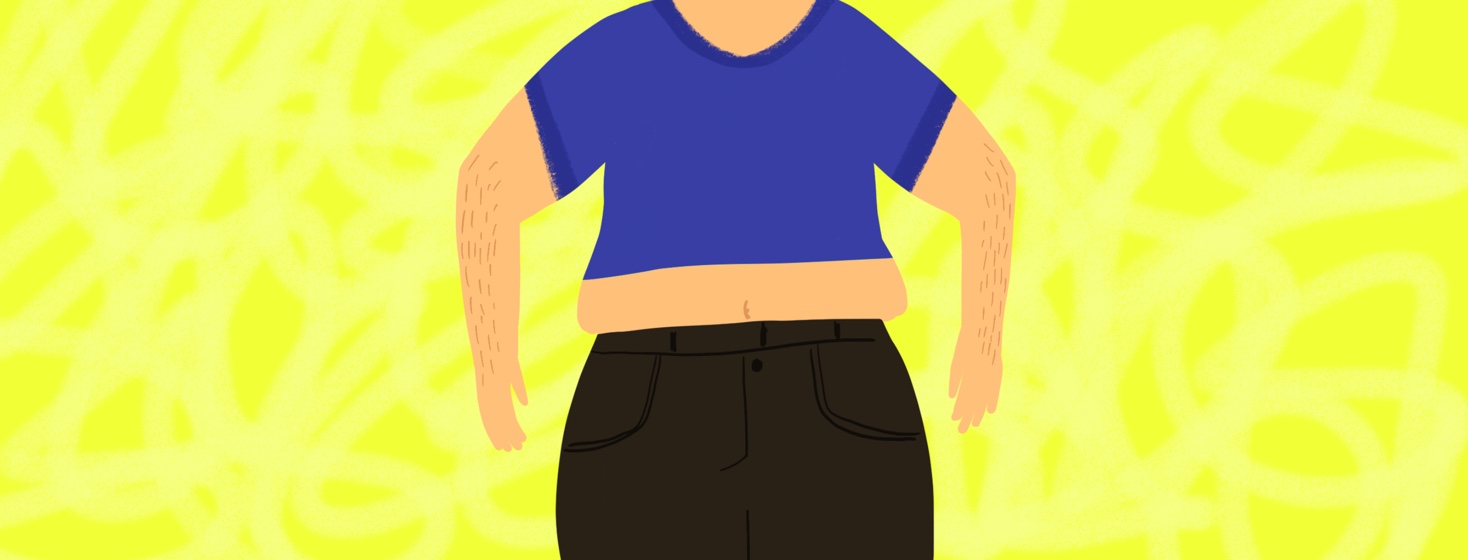Weight Gain While on Targeted Therapy — Could It Be My Thyroid?
I currently weigh more than I have ever weighed in my life, including while pregnant with my two sons! Ugh!!! As someone living with stage IV lung cancer for over five years, I realize that many others are struggling with weight loss so I feel kind of bad even mentioning this, but it’s still my reality.
What's causing my weight gain?
My weight gain has been very gradual, about 4-5 pounds each year since I’ve been on targeted therapy treatments. My oncologist doesn’t seem concerned about it. She once mentioned that people who gain weight during cancer treatment tend to have better results. She also suggested that it won’t hurt having a little extra weight if I ever need to do traditional IV chemotherapy at some point in my treatment.
But the big question remains — what is causing my weight gain? I really haven’t changed my eating habits or exercise level (still somewhat low) since being diagnosed. True, I have gotten older (thankfully!) and it is common to gain some weight with age. However, I know a number of other women on long-term targeted therapy treatments who have similarly gained weight. Could weight gain somehow be related to targeted therapy? Although there is no definitive research on this, there seem to be lots of anecdotal evidence.
Could it be hypothyroidism?
At my last appointment with my oncologist, I again mentioned my weight gain and she decided to do a blood panel to measure my thyroid levels. Lo and behold, my level of TSH (thyroid stimulating hormone) was high. What does this mean? I did a little research in order to understand how TSH works in the body. The pituitary gland, a tiny but extremely important gland, produces hormones that regulate other glands, including the thyroid. One of these hormones is TSH, which is produced by the pituitary in order to keep the thyroid working properly. The thyroid’s job is to regulate metabolism and other functions of general good health in the body. If the TSH level in the blood is high, as it was in my case, the pituitary is making extra TSH to try to stimulate the thyroid to make more hormones because the thyroid isn’t making enough to properly regulate metabolism. Too little thyroid hormones can result in a condition called hypothyroidism.
Symptoms of hypothyroidism include weight gain (yes!), fatigue, sensitivity to cold, hair loss, constipation, and high cholesterol, among others. My only symptoms were weight gain and high cholesterol (which also runs in my family), so my oncologist decided to send me to an internist to figure out if I needed to be on thyroid medication. She was actually surprised that my TSH level was high because I am usually quite high energy and show no signs of fatigue.
Fluctuating TSH levels
My initial reaction was excitement — there could be a medically fixable cause for my weight gain! I was planning to tell all my friends on targeted therapy to have their thyroid levels checked and I started to wonder if targeted therapy meds for lung cancer affect the thyroid. Well, my new internist rechecked my TSH level and this time, it was totally normal. So much for my theory, although I’m going to continue to have my thyroid levels re-checked every 6 months from now on. Evidently, there can be a lot of variability in TSH readings and one abnormal reading could mean nothing or could mean that my thyroid is starting to have trouble. I ended up with a statin for my high cholesterol and no definite reason, as yet, for my weight gain.
Just wondering how many others out there have experienced weight gain with lung cancer targeted therapy treatments? Have any of you also had high levels of TSH? I would love to hear your stories!
Editor’s Note: We are extremely saddened to say that on June 23, 2024, Ivy Elkins passed away. Ivy’s advocacy efforts and writing continue to reach many. She will be deeply missed.

Join the conversation